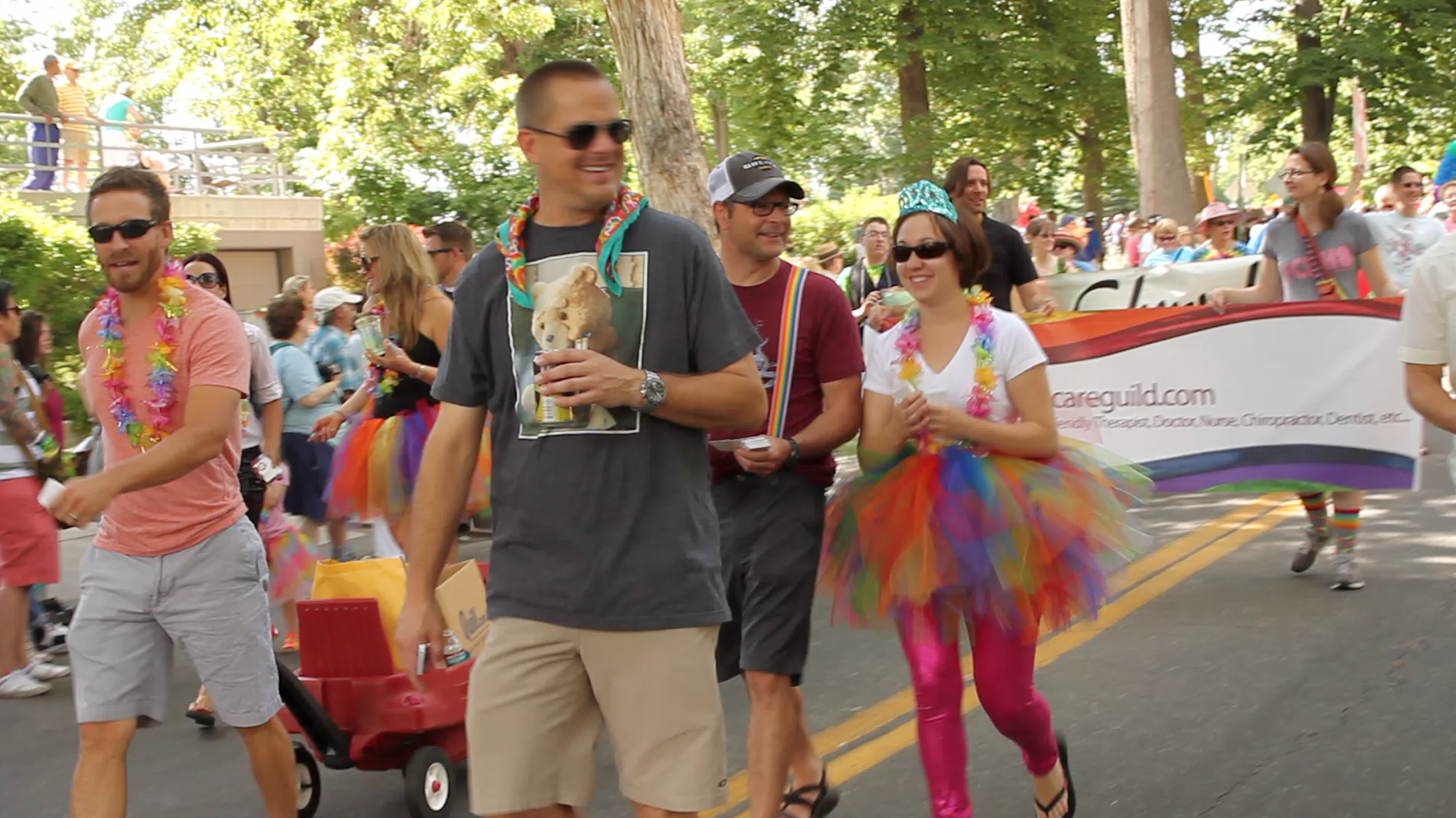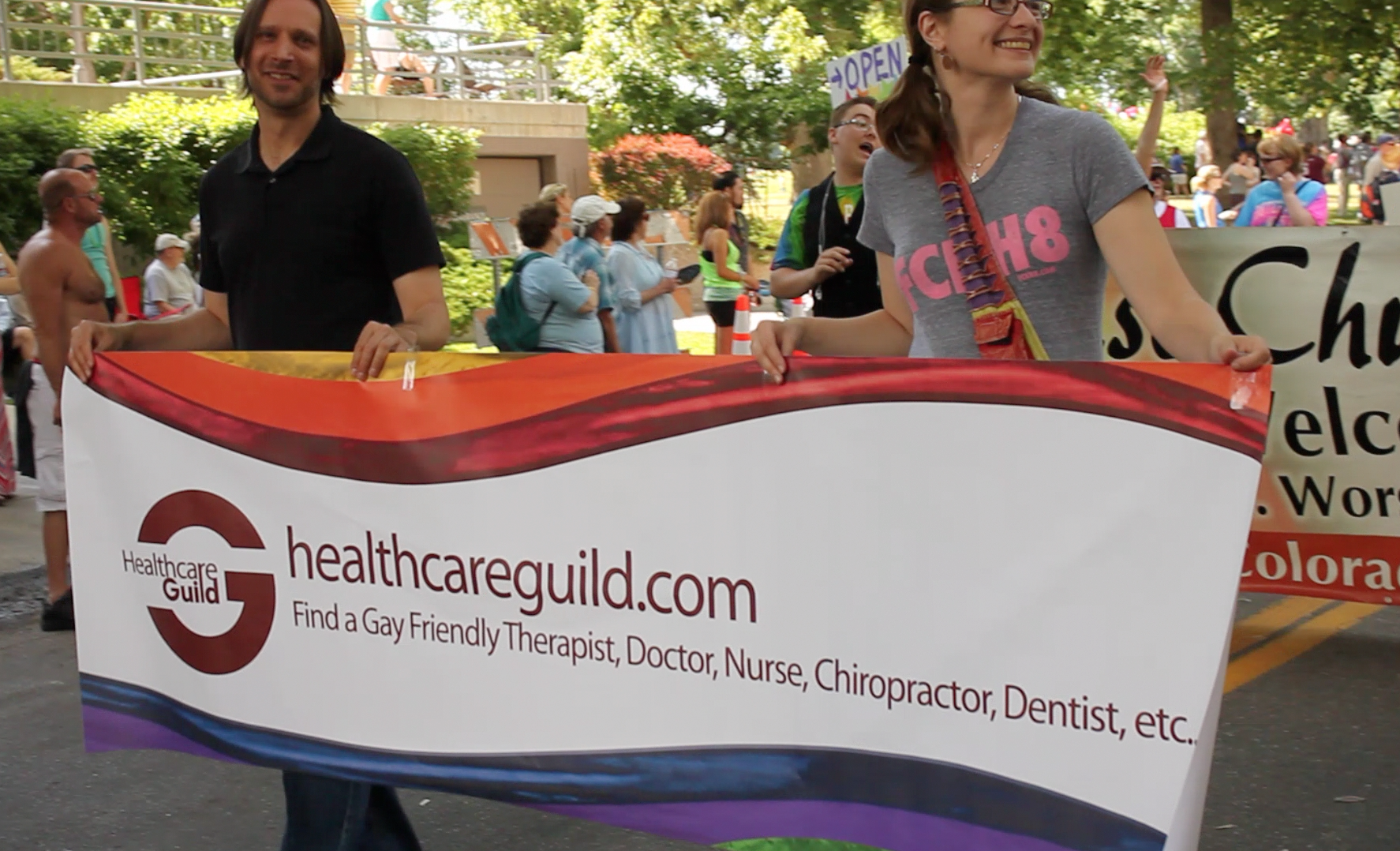Expanding on last week’s thoughts, I found another interesting article by Scot Nakagawa, regarding marriage equality:
Why I Support Same-Sex Marriage as a Civil Right, but Not as a Strategy to Achieve Structural Change.
He states: I’ve also argued in support of same sex marriage rights. However, I have some serious worries about the broad implications of this victory. Why? First, the obvious. Marriage is a conservative institution. It licenses certain kinds of relationships and not others based on a template that reproduces a status quo rooted in conservative Christian religious values.
Despite celebrating a victory for same-sex couples, I do feel that Nakagawa’s concerns are valid. To laud marriage equality while ignoring couple privilege is potentially dangerous. I am a firm advocate of supporting same-sex marriage as a step in the right direction, toward a world where we can define “family” as we choose.
Am I talking about supporting polyamory, for those who want it? Yes, that’s part of it. I’d love to see a world where there was an option to include more than one intimate partner on a family insurance plan. I’m stepping even further outside the box, though. Our social and economic structures are set up to value sexual relationships over non-sexual relationships. This leaves many people out in the cold, unable to form support structures.
There are those of us who have difficulty with sexual intimacy, due to a traumatic history. If we value sexual relationships over other forms of support, this places subtle but incessant pressure on a trauma survivor…to seek sexual relationships that they might not be ready to have, rather than prioritizing nurturing friendships that support recovery. We also must consider the needs of people who simply aren’t sexual. In an interview with Asexual activist David Jay, he muses about his desire to start a family:
Something I’ve felt really strongly about (and can’t really say why) is having a kid. I want to adopt so I thought I needed to be in a committed relationship to do this. And the way most people find a committed relationship is through dating and the way most people date is through sexuality. So about two years ago I was like, shit, I have to train myself to be sexual in order to form the kind of relationships I want.
It saddens me to think of people who wish to form loving families, who cannot do this because their relational needs do not fit into our narrowly defined parameters of acceptable support structures.
We can do better, as a society. Mental health professionals can help, by dropping assumptions of what our clients’ relationships should look like, while supporting them to build support networks that optimally meet their needs. When a client seeks healing and recovery, priority should be placed on relationships that create the greatest sense of empathic connection and safety. Everything else is just logistics. The client is usually more than capable of working out those logistics, with the support of a therapist who can think outside the relational box.





 I will be hosting a booth with the
I will be hosting a booth with the